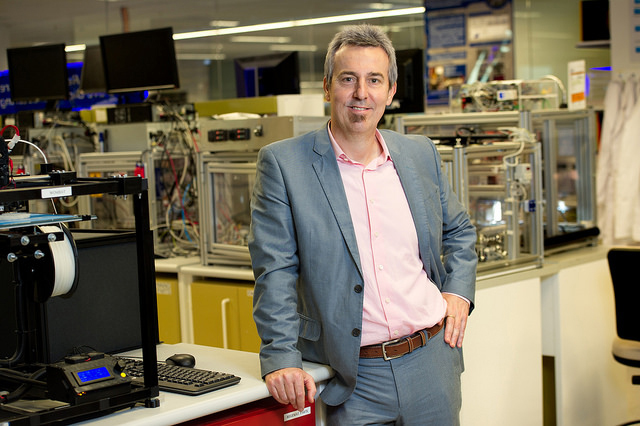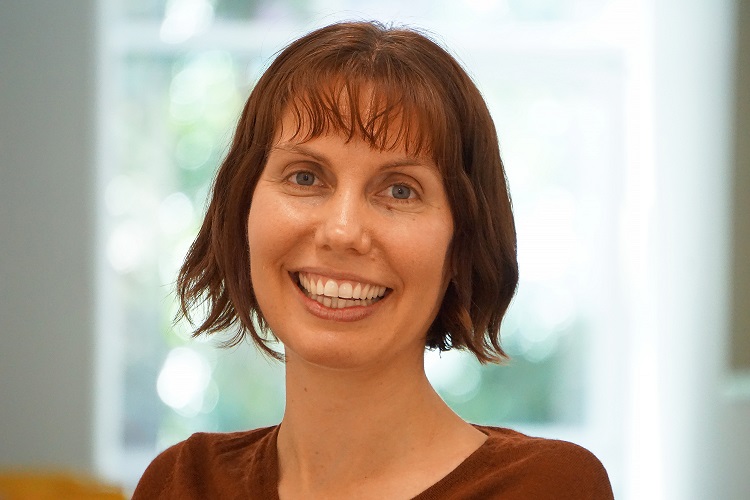
Three QUT researchers have received fellowships totalling more than $3.5 million to enable them to work on projects tackling breast rehabilitation, optimising palliative care services and help reduce health inequities for cancer, diabetes and injuries.
The National Health and Medical Research Council (NHMRC) Investigator Grants, announced on September 14, are for funding commencing in 2022.
The following QUT researchers and projects were announced:

Faculty of Engineering Professor Dietmar W. Hutmacher ($1,500,000 grant): Transformation of the implant paradigm in breast rehabilitation
Professor Hutmacher will use his grant to further his research into scaffold guided breast reconstruction. Research has found that breast reconstruction via silicone implants requires 10 to 25 per cent of cancer patients needing post-surgery implant removal or additional surgery five to 10 years after their initial operation.
Professor Hutmacher’s research will focus on the convergence of 3D printing, reconstructive surgery, drug delivery, and liposuction processed adipose tissue grafts to redefine rehabilitation for the breast cancer patient by providing a holistic therapy that addresses limitations realized with all other contemporary reconstructive surgery procedures.

Faculty of Health executive dean Distinguished Professor Patsy Yates ($1,500,000): Optimising palliative care services to deliver better value health care for older people
This research will transform the way in which palliative care services are delivered for older people by designing and evaluating new approaches to ensure quality palliative and end of life services in the residential and community aged care system.
Distinguished Professor Yates’ research follows on from a recent report from the Royal Commission into Aged Care Quality and Safety in Australia highlighted substandard palliative care in Australia’s aged care system.

Faculty of Health’s Doctor Susanna Cramb ($575,740): PLACE (Prioritising Location-based Analysis and Consumer Engagement) for Change
This research uniquely incorporates both complex spatial analyses and lived consumer experience to identify priority areas and propose actionable solutions to help reduce health inequities for cancer, diabetes and injuries. Location plays a key role in Australia’s health inequities, yet is usually ignored or aggregated to large regions. This hinders identifying appropriate, localised solutions.
Deputy Vice-Chancellor (Research) and ARC Laureate Fellow Professor Christopher Barner-Kowollik congratulated the researchers.
“Their work is a demonstration of QUT’s strength in the health sector, reaching from biomedical materials science to health care transformation, underpinned by two of QUT’s flag ship research centres LINK to QUT Centre for Biomedical Technologies and Health Care Transformation,” Professor Barner-Kowollik said.
Media contacts
Madeline Healy, 07 3138 3038 or m5.healy@qut.edu.au
After hours: Rose Trapnell, 0407 585 901 or media@qut.edu.au
CRICOS No.: 00213J


